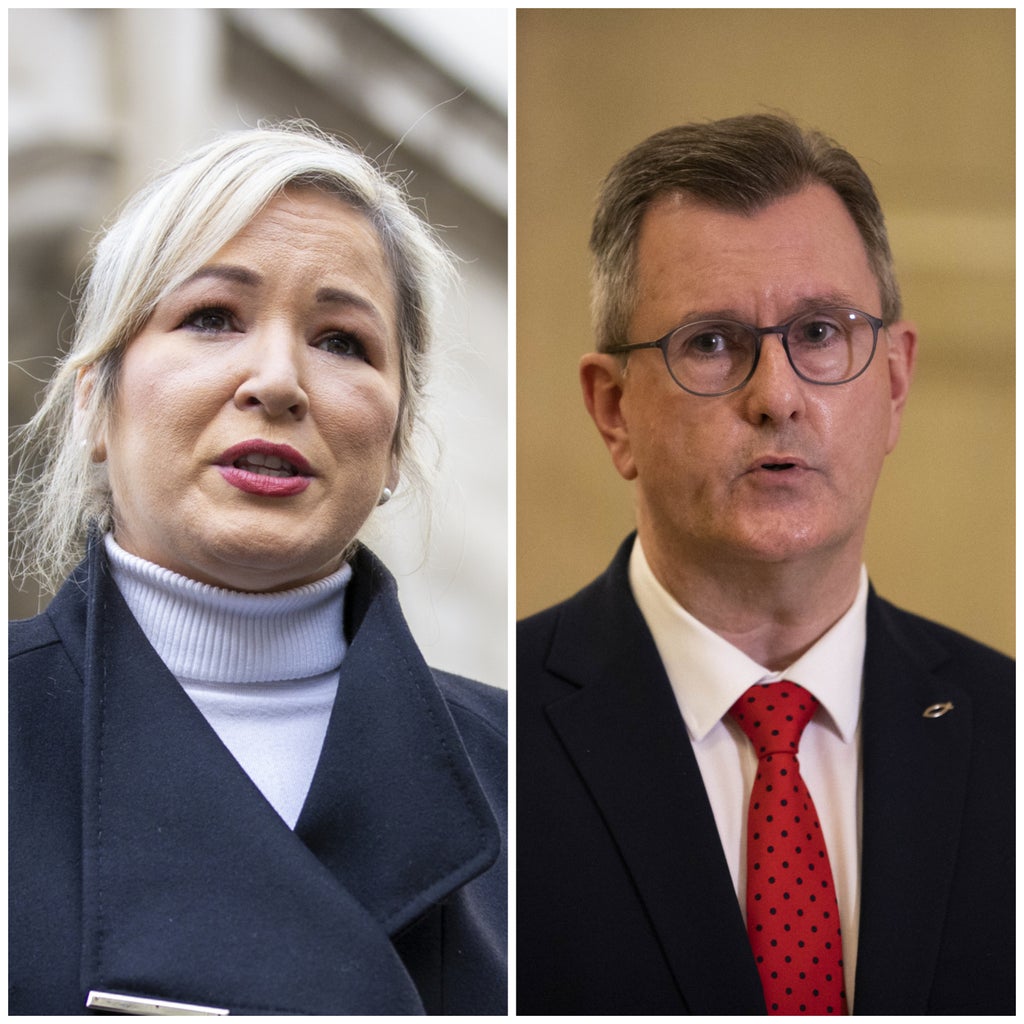
Voters are to go to the polls in Northern Ireland amid speculation of a significant Stormont election result.
The DUP and Sinn Fein are vying for the top spot in the Assembly which comes with the entitlement to nominate the next First Minister.
A unionist party has always been the biggest in the Assembly, and previously the Stormont Parliament, since the formation of the state in 1921.
This year a number of opinion polls have suggested that Sinn Fein will finish ahead of the DUP to become the first nationalist or republican party to come top.
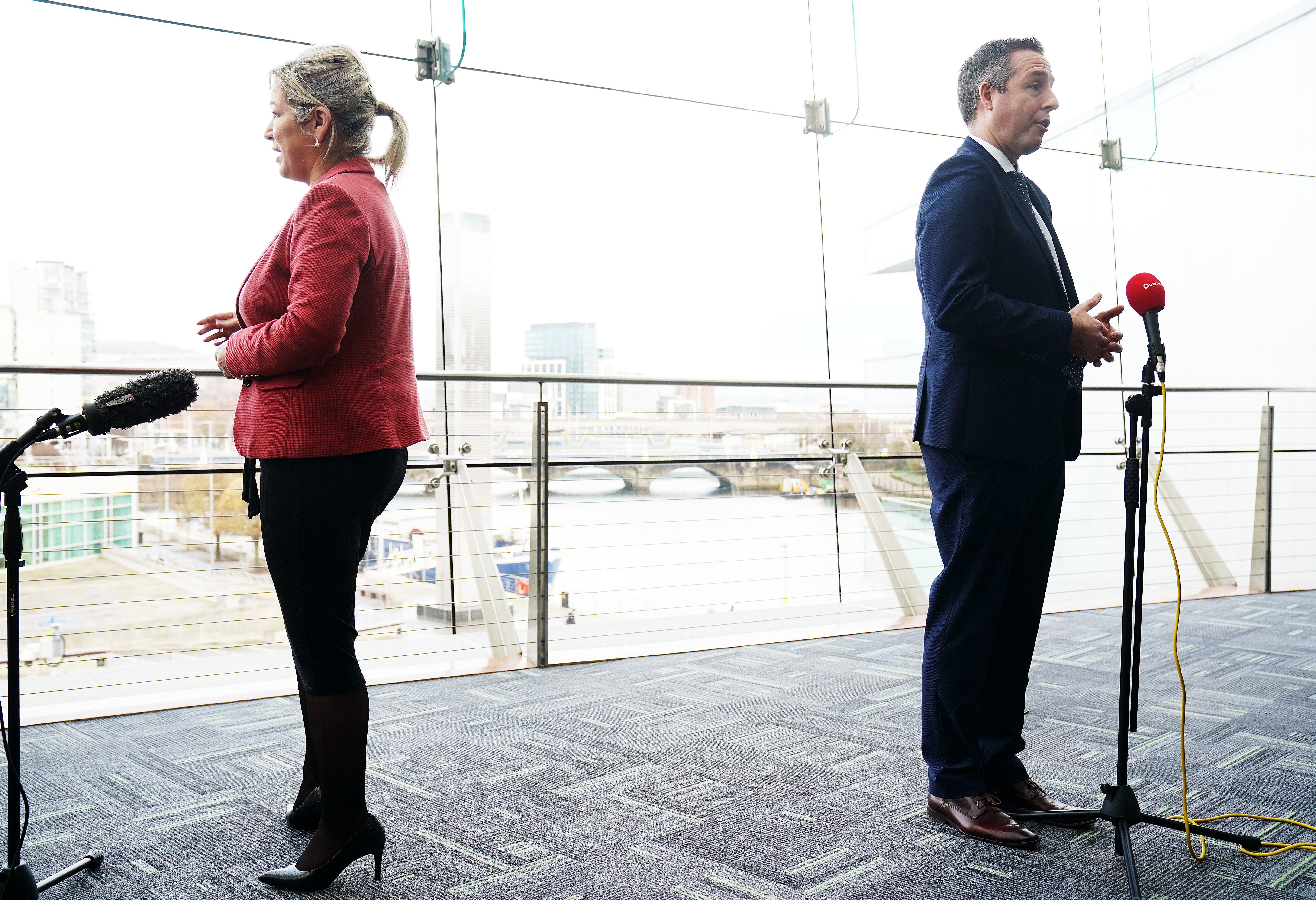
While the office of the First and deputy First Minister is an equal one with joint power, the allocation of the titles is regarded as symbolically important.
A surge for the centre-ground Alliance Party has also been suggested in pre-election polls.
Sir Jeffrey has stated he is confident his party will win the election.
He is running for election to the Assembly in Lagan Valley, the constituency he represents in the House of Commons.
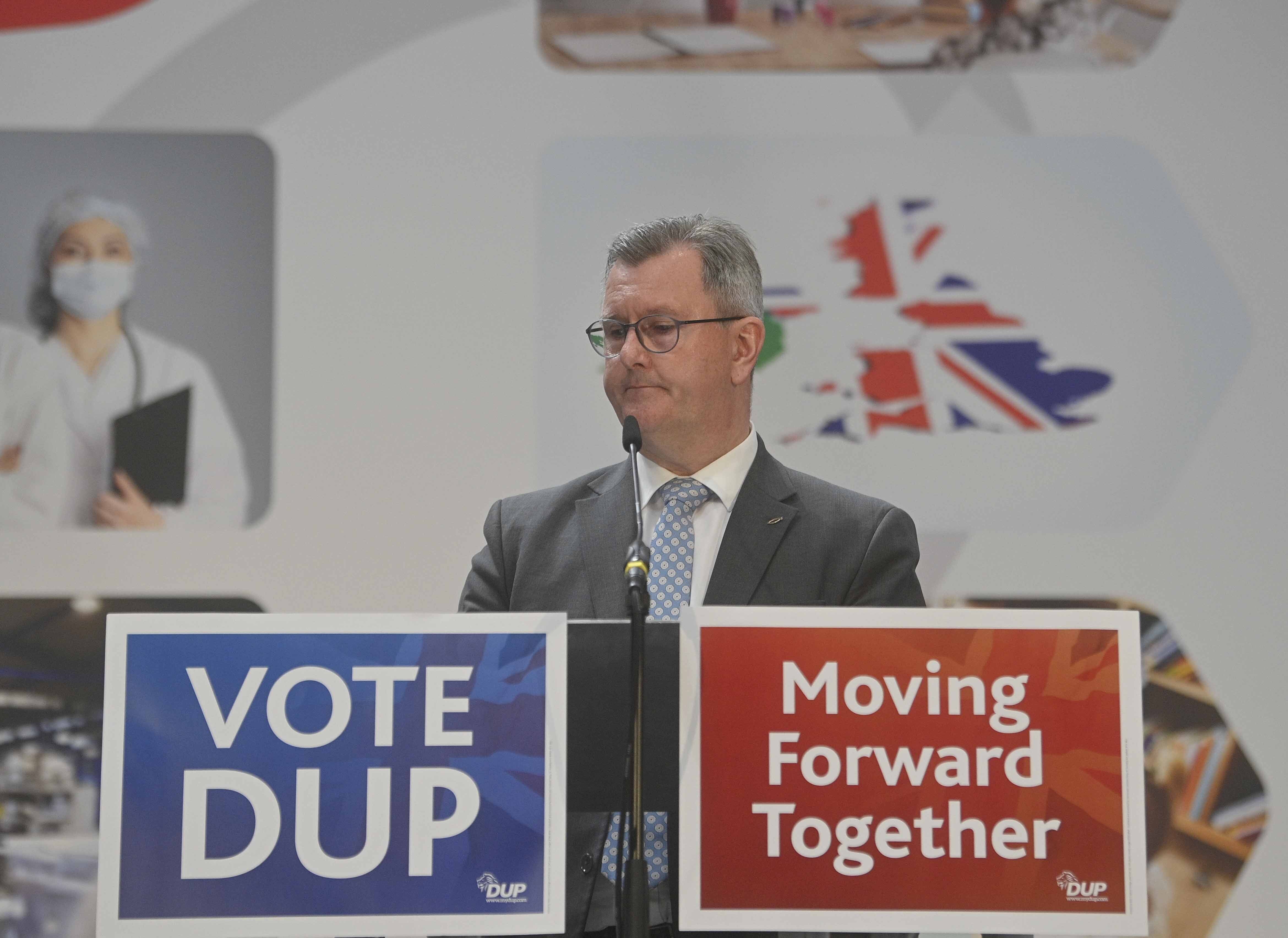
The Northern Ireland Protocol has cast a long shadow over the election campaign following the resignation of First Minister Paul Givan in February in an effort to force the UK government to act over the post-Brexit trading arrangements.
This action left the Executive unable to fully function. While ministers remained in post, they were restricted in the actions they could take.
Unionists object to the additional checks on goods arriving into Northern Ireland from Great Britain as a border in the Irish Sea.
Sir Jeffrey has said his party will not enter a new Stormont Executive unless the Government takes action on the protocol.
He has also refused to say if he will nominate a deputy First Minister to serve in the event of a Sinn Fein First Minister.
The other parties have rounded on the DUP, calling for the prioritisation of action to tackle the cost-of-living crisis.
Sinn Fein’s Stormont leader Michelle O’Neill has said she wants to be a First Minister for all, describing the election as a “moment in history” and a chance for “real change”.
Secretary of State Brandon Lewis urged the public to vote.
He also revealed he has told the parties of the need for them to work together to restore fully functioning devolved government after the election.
“The people of Northern Ireland are going to the polls today. I encourage everyone to get out there and cast their vote. It is vital that we give people the space to vote in an atmosphere of tolerance and respect,” he said.
“I have conveyed to the parties the need for them to work together to restore fully functioning devolved institutions as soon as they can, when the count is complete.”
Five Assembly seats are up for grabs in 18 constituencies, with a total of 90 MLAs being returned.
A total of 239 candidates are running.
Northern Ireland uses the single transferable vote (STV) proportional representation electoral system.
Counting will start at three centres in Belfast, Jordanstown and Magherafelt on Friday morning with the first results expected later in the day.
The DUP won 28 seats at the last Assembly elections in 2017, just ahead of Sinn Fein which returned 27 MLAs.
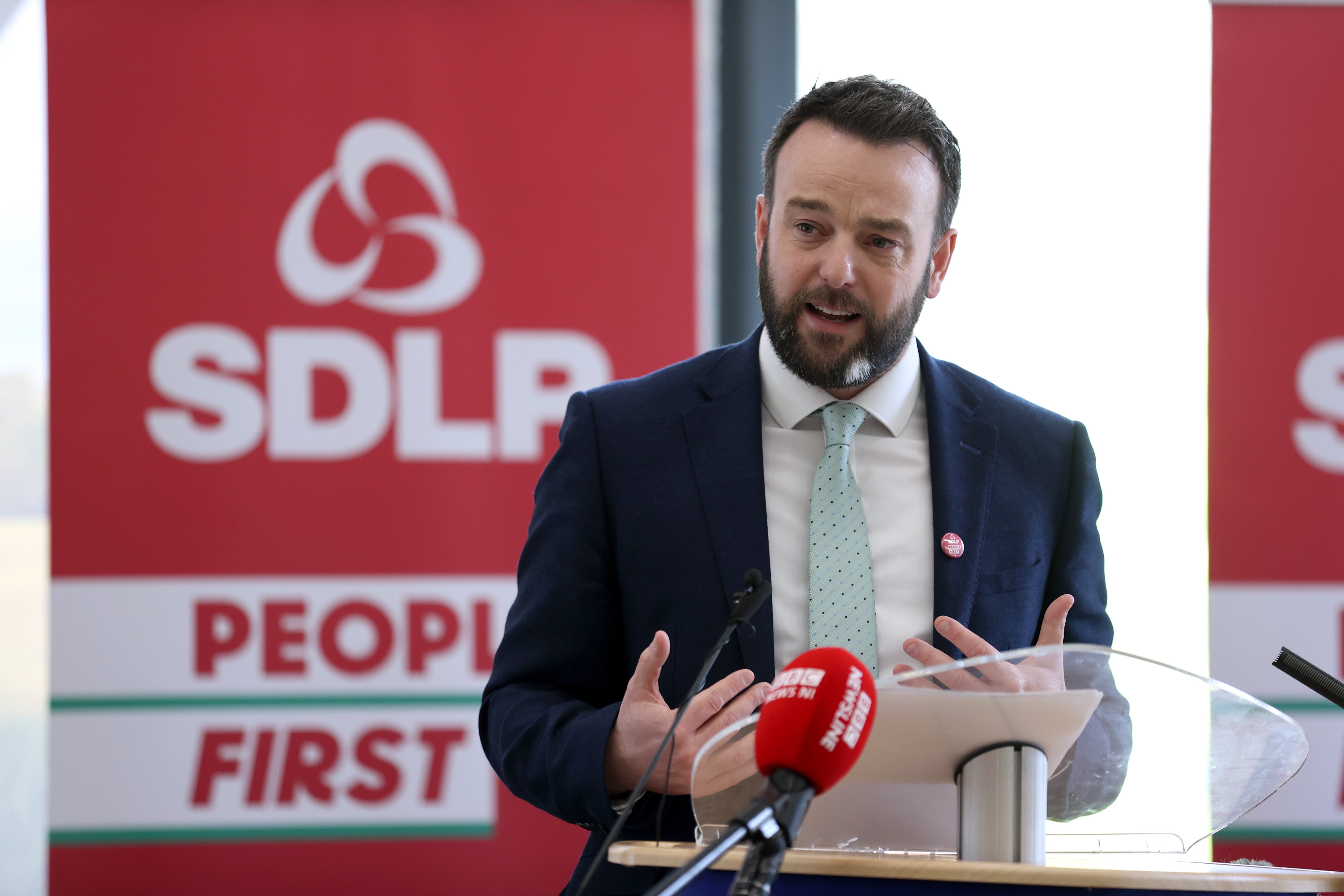
Next was the SDLP with 12 seats, the Ulster Unionist Party with 10 seats, Alliance with eight seats, the Green Party with two seats while People Before Profit and the TUV had one MLA each.
This year the DUP has been regarded as playing it safe, running 30 candidates, while Sinn Fein is running 34.
Meanwhile the UUP is running 27 candidates, the Alliance Party is running 24, the SDLP is running 22, TUV is running 19 candidates, the Green Party is running 18 and People Before Profit is running 12, as is Aontu – while the Workers Party is running six candidates and the PUP is running three candidates.
The Irish Republican Socialist Party (IRSP) and the Socialist Party are each running two candidates, while the Northern Ireland Conservatives, Cross Community Labour Alliance (CCLA), Resume NI and Heritage Party are each running one candidate.
There are also 24 independent candidates.
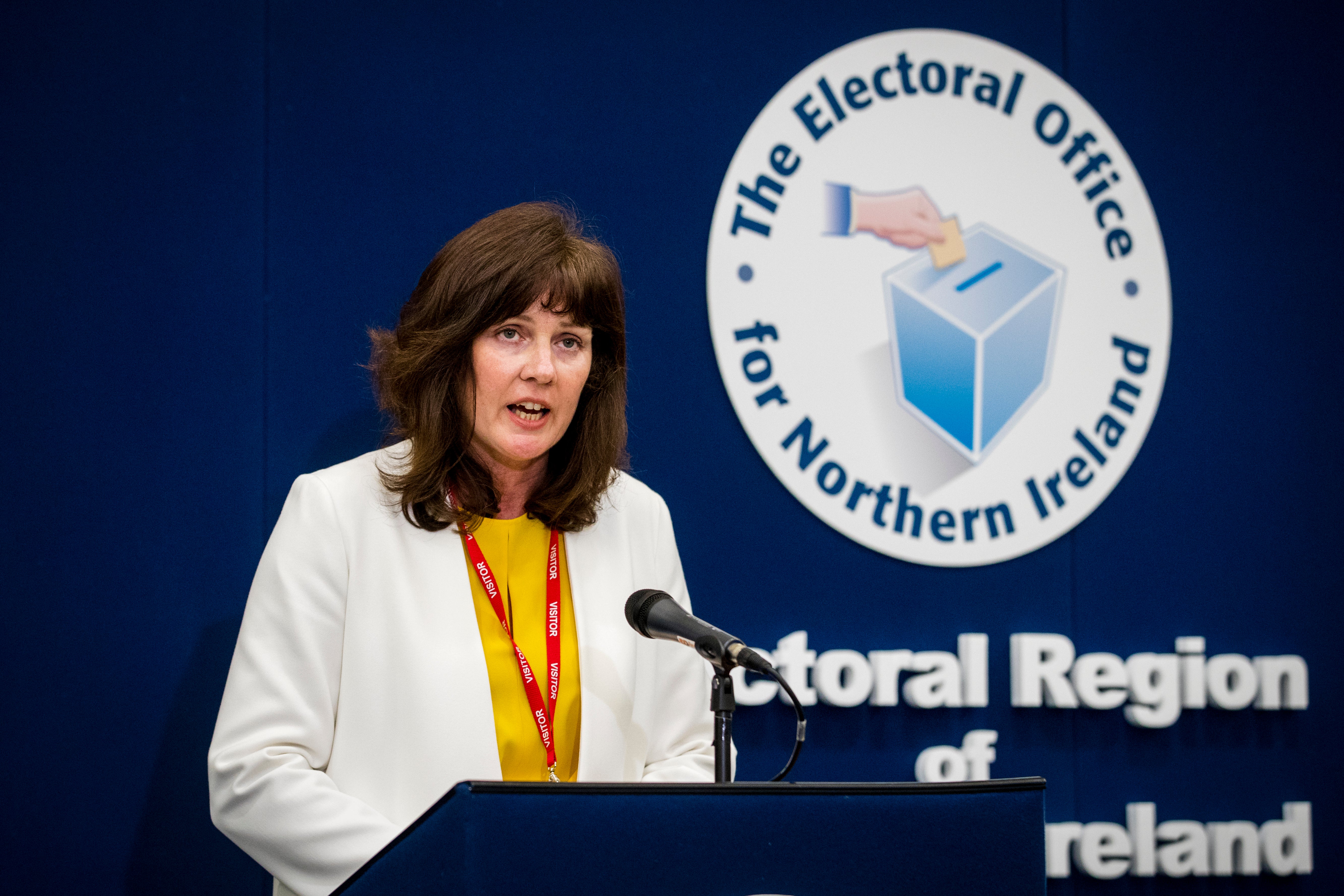
Polling stations will open at 7am on Thursday and close at 10pm.
Chief electoral officer Virginia McVea has advised voters to wear masks to prevent the potential spread of Covid-19.
She said: “Please bring a mask. We’re trying to do everything that we can to provide as much protection.
“There will be some masks available but it would be great if you could put a mask into your pocket, and if you’re uncomfortable using the pencils in the polling booths, we will be cleaning them, but if you’re uncomfortable, bring your own pen or pencil,” she told the BBC







